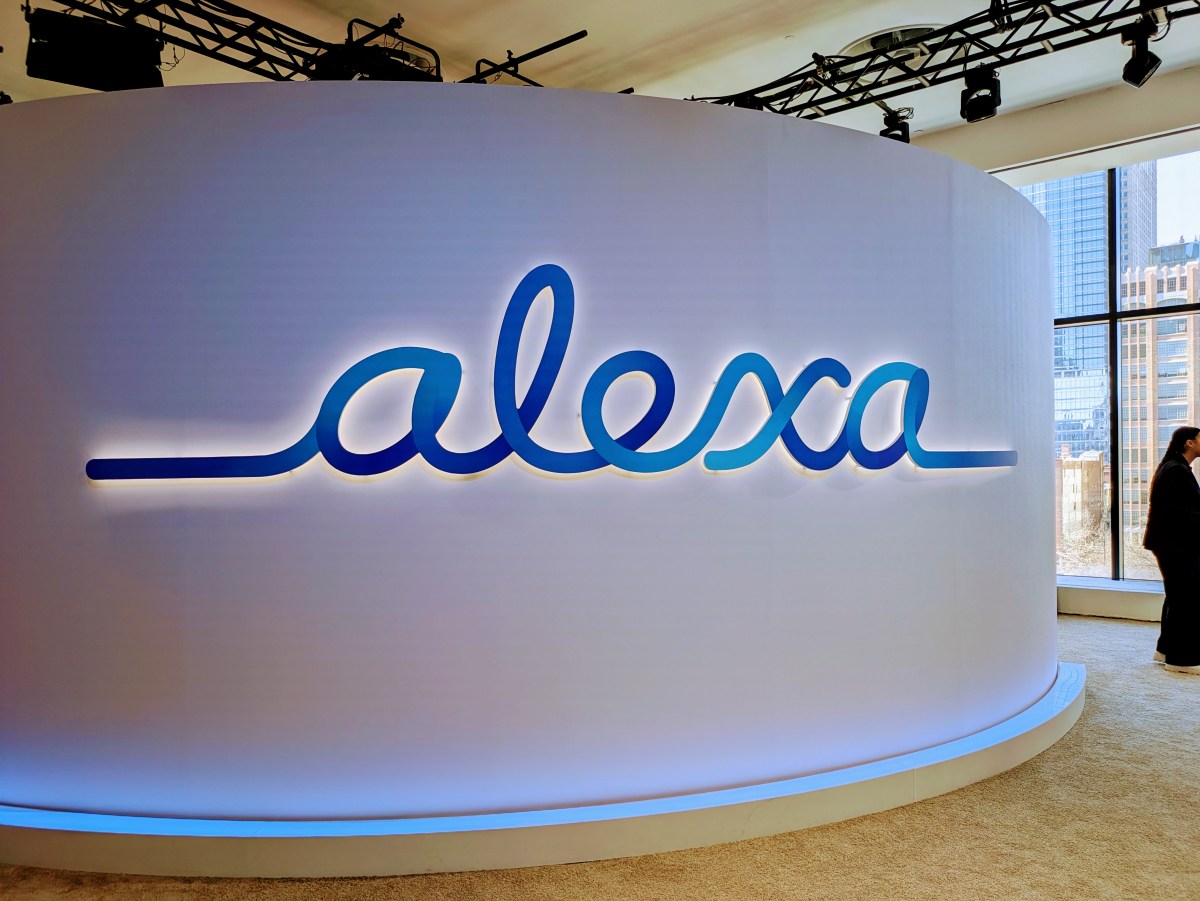Alexa+ Promises Delayed: Users Left Waiting as New Features Hang in Limbo

Amazon's Highly Anticipated Alexa+ Falls Short of Expectations
Amazon has officially rolled out its upgraded Alexa experience, Alexa+, in March, but early reports suggest the new service may not fully deliver on all its promised capabilities. Despite the company's ambitious marketing, users are discovering that some advertised features are conspicuously absent from the final product.
The latest iteration of the virtual assistant was expected to bring significant improvements in artificial intelligence and user interaction. However, initial feedback indicates that the enhancements are more incremental than revolutionary. Tech enthusiasts and consumers alike are expressing mixed reactions to the new platform.
While Amazon remains confident in Alexa+'s potential, the discrepancy between promised features and actual performance has raised eyebrows in the tech community. The company has not yet provided comprehensive commentary on the reported shortcomings.
Industry analysts are closely monitoring the situation, speculating about whether Amazon will quickly address the feature gaps or if further development is needed to meet the high expectations set during the product's initial announcement.
